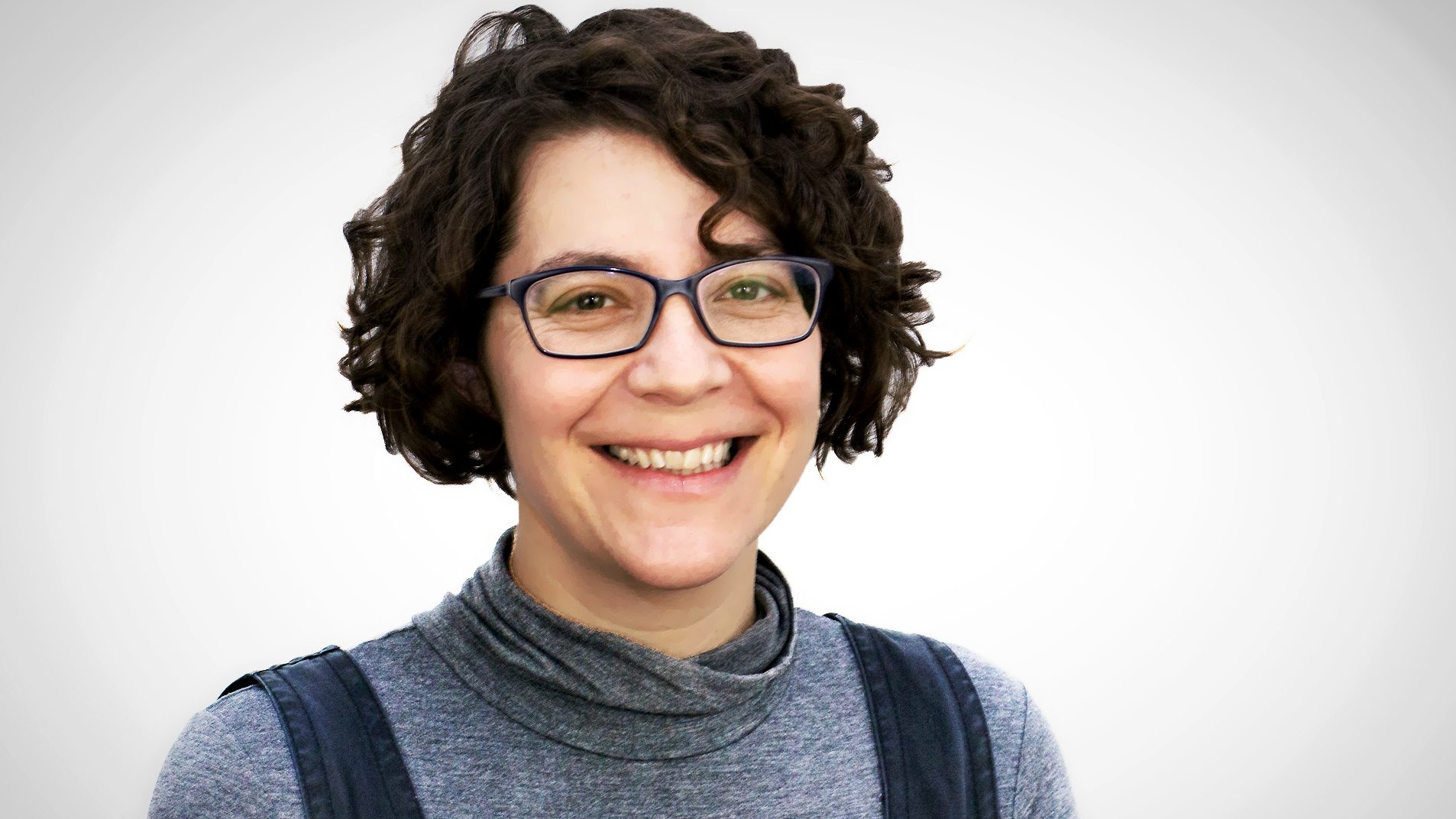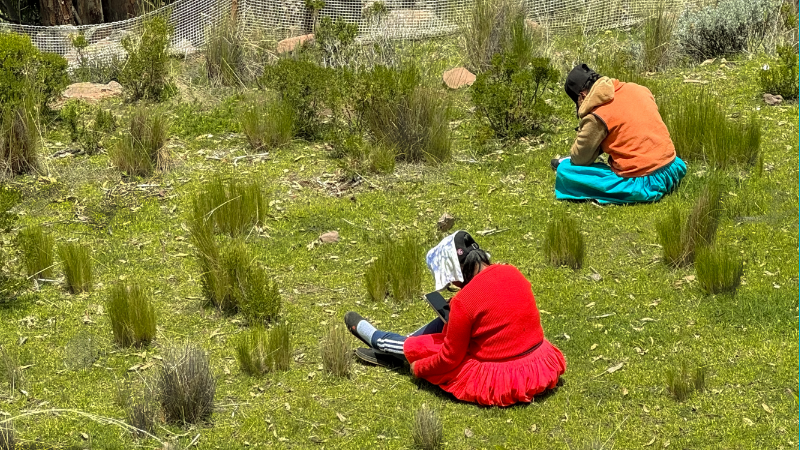Unsere vernetzte Welt verstehen

Capturing the Uncapturable – How To Represent Performance Online
Was bedeutet es Performance aufzuzeichnen und online zugänglich zu machen? Wie verändert sie sich dadurch und wie können digitale Technologien sinnvoll eingesetzt werden? Mit diesen Fragen beschäftigt sich HIIG Forscherin Rebecca Kahn im Rahmen des Projektes Digitalizaton Triple gemeinsam mit dem Theaterkollektiv virtuellestheater und VR designer Nico Nonne.
‘Performance’s only life is in the present. Performance cannot be saved, recorded, documented, or otherwise participate in the circulation of representations of representations: once it does so, it becomes something other than performance.’ So said Peggy Phelan, philosopher and scholar of performance studies. But the web itself has grown into a performative space; it is no longer the read-only internet of the days before peer production. The participatory, collaborative and converged web we live with now is itself a stage, and a repository of traces of that non-repeatable performance.
How to facilitate the search, documentation and preservation of intangible cultural heritage like performances is one of the questions I am working on, along with 3 members of the Hamburg-based theatre collective virtuellestheater (Lea Connert, Max Gadow and Sven Björn Popp) and VR designer Nico Nonne as part of LAFT Berlin’s Performing Arts Programme. The project, called Digitalizaton Triple is a laboratory series on the topic of the independent performing arts in the digital age.
In the meetings we have had so far, we’ve debated how digital technology might be used to capture the processes of developing performances and whether it should be used to capture the final performance at all. We’re exploring what performance on the web looks like, and how performers are represented on screens connected to the internet. The ontology of performance – what it’s essence is and how it represents a version of reality – are the framing questions of our enquiry.
One of the themes which we have found ourselves returning to is the ‘triple’. In the context of the semantic web, a triple, or an RDF triple, is the smallest atom of information which can be stored in a Resource Description Framework database model. A triple is made up of three pieces of information: a subject, a predicate and an object. This model is the information architecture which underlies the entire structure and logic of the Semantic Web and linked data. This practical ontology (as opposed to the intangible ontology of performance) limits the complexity and helps to order the volume of information on the web. At the same time, its flexible nature allows it to be the building block for some of enormous linked data repositories which underly the websites of cultural heritage institutions such as the Getty and the Rijksmuseum.
As one of the groups participating in Digi Triple, virtuellestheatre and I will take part in a series of meetings between the end of January and the middle of February 2017. The results of these discussion, including the final digital creation, whatever it might look like, will be presented on February 22, 2017 at 7:30 pm within the scope of a public exchange. The presentation will be held at SPEKTRUM in Berlin-Neukölln. SPEKTRUM is a space for the convergence of cultural communities and transdisciplinary groups which are formed both inside and outside of Berlin. The goal of the project is to bring about confrontation, public knowledge and a platform for the idealization, realization and presentation of technology-based works of arts, research-oriented events and futuristic utopias based on the principle of do-it-together-with-others.
Rebecca Kahn ist Wissenschaftliche Mitarbeiterin am HIIG und Doktorandin im Bereich Digital Humanities am King’s College in London. Ihre Forschung untersucht den Einfluss und den Effekt der digitalen Transformation auf Kulturerbe-Institutionen, deren Dokumentation und die interne Ontologie. Sie erforscht ebenfalls, wie nationale Kulturerbe-Institutionen verhandeln und ihre nationale Identität im Internet etablieren.
Dieser Beitrag spiegelt die Meinung der Autorinnen und Autoren und weder notwendigerweise noch ausschließlich die Meinung des Institutes wider. Für mehr Informationen zu den Inhalten dieser Beiträge und den assoziierten Forschungsprojekten kontaktieren Sie bitte info@hiig.de
Forschungsthemen im Fokus
Digitale Zukunft der Arbeitswelt
HIIG Monthly Digest
Jetzt anmelden und die neuesten Blogartikel gesammelt per Newsletter erhalten.
Liebling, wir müssen über die Zukunft sprechen
Können Zukunftsstudien den Status quo jenseits der akademischen Welt in Frage stellen und den öffentlichen Dialog als fantasievollen Raum für kollektive Unternehmungen nutzbar machen?
Digitalisierung erkunden: Indigene Perspektiven aus Puno, Peru
Was sind indigene Perspektiven der Digitalisierung? Die Quechuas in Peru zeigen Offenheit für die Anforderungen an das Wachstum ihrer digitalen Wirtschaft.
Diamond OA: Für eine bunte, digitale Publikationslandschaft
Der Blogpost macht auf neue finanzielle Fallstricke in der Open-Access-Transformation aufmerksam und schlägt eine gemeinschaftliche Finanzierungsstruktur für Diamond OA in Deutschland vor.





